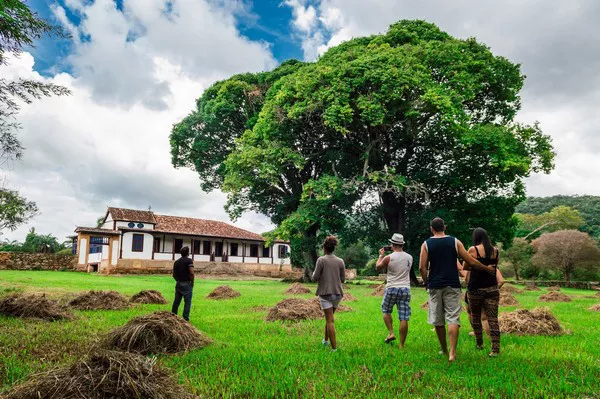The University of Calgary’s Owerko Centre is set to significantly advance its efforts in child mental health care and research, thanks to a generous $9.9 million donation from the Alberta Children’s Hospital Foundation (ACHF). This substantial contribution is aimed at expanding the Centre’s multidisciplinary research on child neurodevelopment and mental health.
Located within the Alberta Children’s Hospital Research Institute, the Owerko Centre serves as a hub for cutting-edge research, drawing expertise from various faculties across the university. Dr. Susan Graham, Director of the Owerko Centre and Scientific Director for the Azrieli Accelerator, highlighted the Centre’s broad research scope, which includes fundamental neuroscience and public policy issues related to child mental health.
“All of our researchers are focused on child neurodevelopment and mental health, spanning a diverse range of projects,” Graham explained in an interview with the Gauntlet.
Dr. Helen Dunlop, Senior Specialist in Marketing, Communications, and Events at the Owerko Centre and the Azrieli Accelerator, emphasized the wide-reaching impact of the donation. “This funding benefits nearly every faculty at UCalgary and supports a broad spectrum of research areas,” she said.
The funds, sourced from Calgary and surrounding areas, provide significant flexibility for the Centre to address critical needs in child mental health. Graham noted that philanthropy allows for innovative projects that traditional funding may not support.
“The funding from our generous community enables us to launch new programs and projects,” Graham said. “Philanthropy allows us to explore initiatives that other funding sources might not cover.”
The Owerko Centre’s initiatives are divided into three core areas: research, community engagement, and training/education. In research, the Centre aims to fill gaps in child mental health services, particularly in access to evidence-based treatments. The Centre’s researchers are involved in The Summit: Marian & Jim Sinneave Centre for Youth Resilience, focusing on evaluating and developing evidence-based services.
“The main gap in child mental health is access to evidence-based services,” Graham said. The new funding will support studies, including three longitudinal pregnancy cohort studies to assess parental well-being and child development from prenatal stages through early life.
In terms of community engagement, the Owerko Centre collaborates with the Little Red Reading House in Inglewood to facilitate knowledge transfer and community-based research. The funds will first be used to hire a manager for research and partnerships to work with local agencies like The Food Bank and Big Brothers Big Sisters.
The education component of the funding will support students by providing access to fully funded research labs and various academic opportunities. This includes practicum placements for students from the Werklund School of Education and planning courses for students from the School of Architecture, Planning and Landscape.
“Exposure to the complete research process equips students with valuable skills applicable across various fields,” Graham noted. The first allocation of these funds includes eight graduate student scholarships for those who have taken non-traditional paths to higher education.
“We’re excited about the impact these scholarships will have on our students,” Graham added.
With the new funding, both Dunlop and Graham are optimistic about the Owerko Centre’s enhanced ability to address child mental health challenges and foster a thriving research environment.
“Owerko is at the heart of a vibrant ecosystem of child health research, and this funding will strengthen our connections across campus,” Dunlop concluded.
Related topics:



























